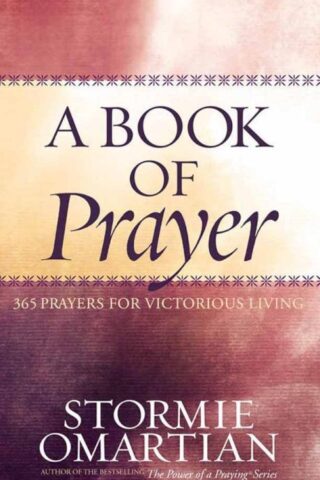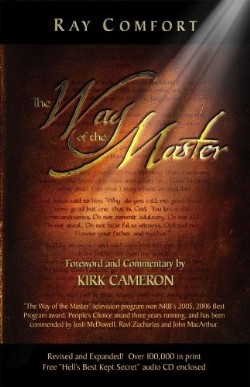Barry Beitzel
Showing all 3 resultsSorted by latest
-
Lexham Geographic Commentary On The Pentateuch
$59.99Add to cartWalk in the footsteps of the patriarchs.
*Why do mountains play such important roles in the Bible?
*Why do altars and wells matter?
*How do the patriarchs’ lives foreshadow Israel’s story?From the four rivers of Eden to Israel’s wilderness wanderings, the biblical narratives in the Pentateuch are filled with geographical details. God’s story of redemption takes place in the real, but often unfamiliar, world of the ancient Near East.
Written by a team of experts on biblical geography and culture, the Lexham Geographic Commentary on the Pentateuch is a guide to the world of the patriarchs. Each article addresses a particular story, event, or subject in Genesis through Deuteronomy, with full-color maps and photos providing deeper layers of context. Historical and cultural insights give readers a richer understanding of the biblical story.
-
Ahabs House Of Horrors
$22.99Add to cartReconciling biblical and extrabiblical history
The extrabiblical testimony surrounding Israel’s early history is difficult to assess and synthesize. But numerous sources emerging from the ninth century BC onward invite direct comparison with the biblical account. In Ahab’s House of Horrors: A Historiographic Study of the Military Campaigns of the House of Omri, Kyle R. Greenwood and David B. Schreiner examine the historical records of Israel and its neighbors. While Scripture generally gives a bleak depiction of the Omride dynasty, extrabiblical evidence appears to tell another story. Inscriptions and archeological evidence portray a period of Israelite geopolitical influence and cultural sophistication.Rather than simply rejecting one source over another, Greenwood and Schreiner press beyond polarization. They propose a nuanced synthesis by embracing the complex dynamics of ancient history writing and the historical difficulties that surround the Omri dynasty.
Ahab’s House of Horrors is an important contribution to the ongoing discussion of biblical historiography and, specifically, to our understanding of 1-2 Kings and the Omri family.
-
Where Was The Biblical Red Sea
$25.99Add to cartWhere was the Red Sea of Exodus?
Exodus records that the waters of the Red Sea (or Reed Sea) opened up to deliver Israel and plummeted down to destroy their Egyptian pursuers. But if the Red Sea cannot be located, can we trust the claims of the Bible? Some have suggested relocating the events. Others suggest they never happened at all. In Where Was the Biblical Red Sea? Beitzel challenges popular alternatives and defends the traditional location: that the biblical Red Sea refers to a body of water lying between the eastern Nile Delta and Sinai. Beitzel rigorously reexamines the data–both typical and overlooked–ranging from biblical and classical sources to ancient and medieval maps. His comprehensive analysis answers objections to the traditional view and exposes the inadequacies of popular alternatives. Ancient geography excavates the biblical world and its story. Readers will better understand and appreciate the biblical story as well as its historicity and reliability. Where Was the Biblical Red Sea? is a foundational reference work for any discussion of the Exodus event.












